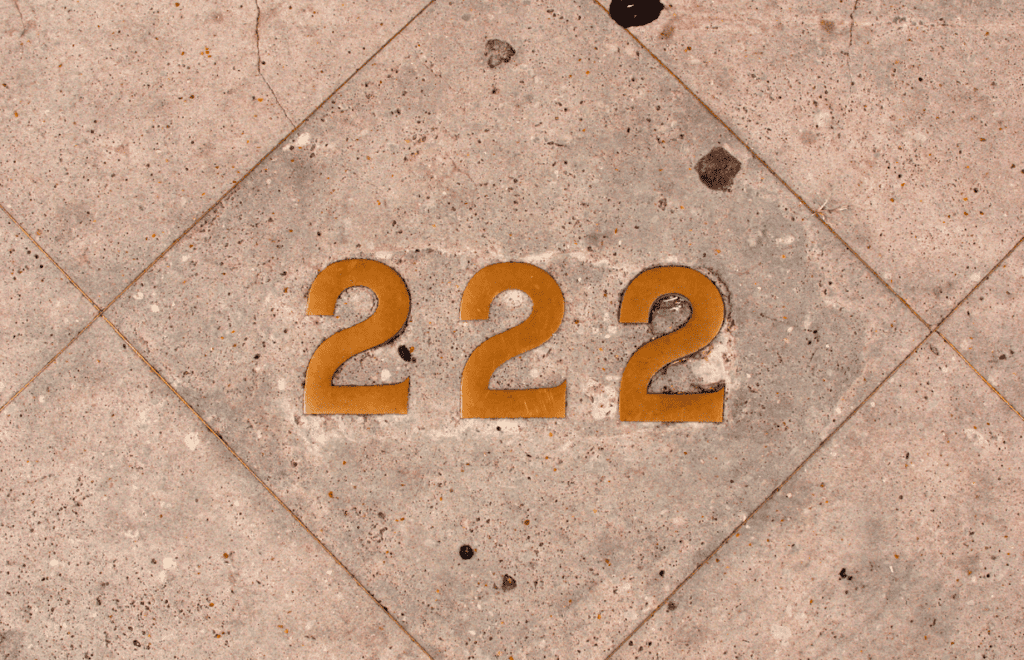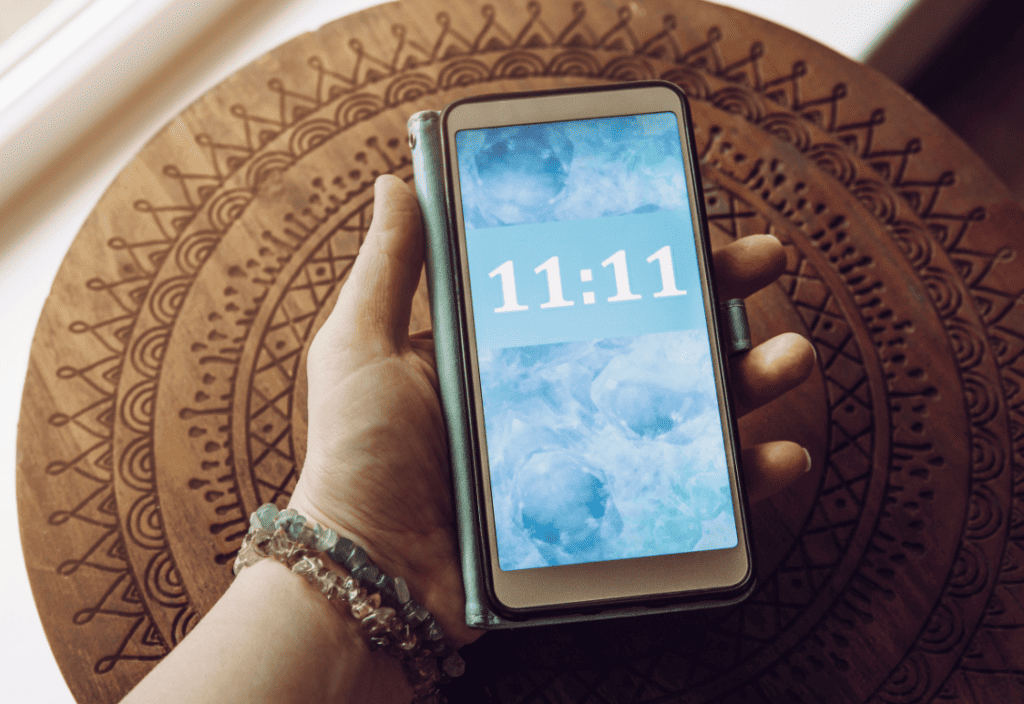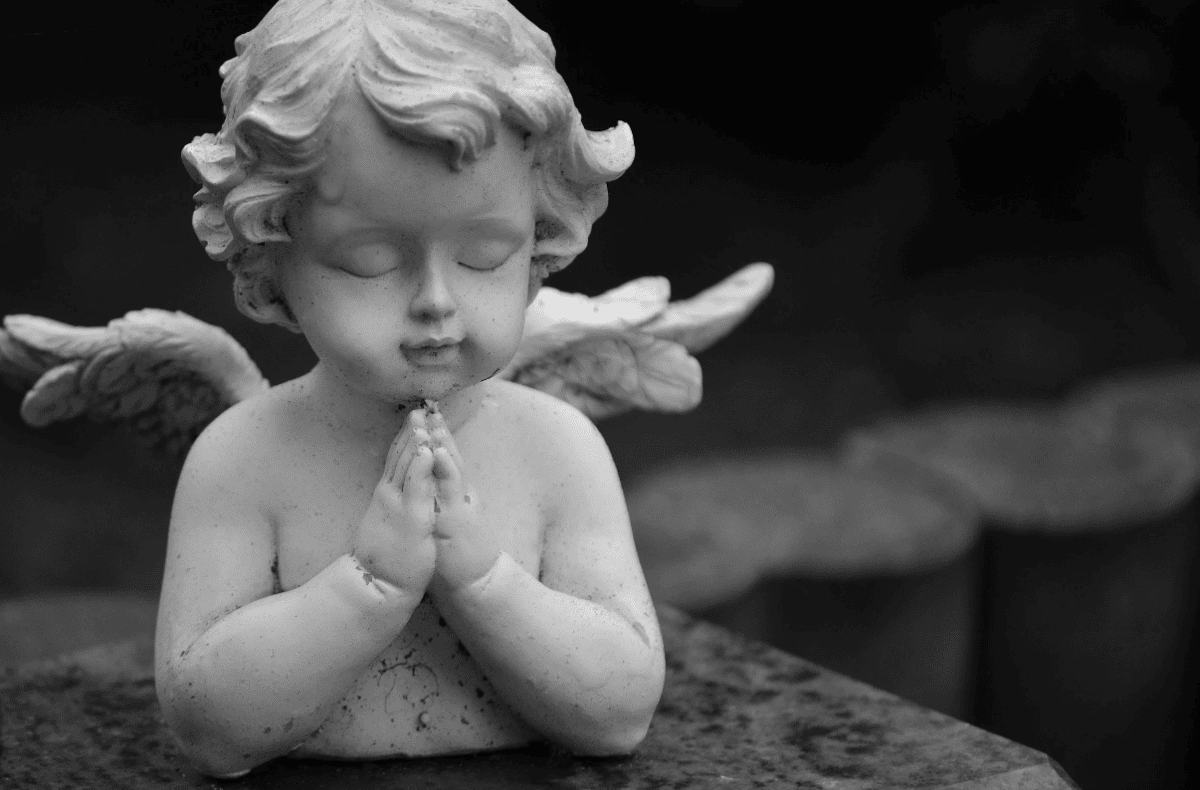You’ve probably looked at the clock before and seen things like 11:11, 3:33, or 4:44. A lot of people think those “angel numbers” are messages from angels or spirits. But what’s really happening when we see those? Are angels actually trying to give us guidance, or is our brain just making patterns out of random things?
Psychology of Angel Numbers – What Are Angel Numbers?
Angel numbers are number patterns that many people think carry messages from angels. They come in many forms and shapes, from one digit to five digits.
The idea is that angels use these numbers to give us guidance or reassurance about things. People who see angel numbers a lot believe the angels are trying to get their attention to share some insights or warnings. The most common ones people notice and think mean something are usually repeating sets of 1s, 2s, 3s, or 4s.
Interpreting The Meaning
Each angel number is supposed to have a special meaning. For instance, 111 means a new start is coming, while 222 means everything will be balanced and harmonious. 333 is about spiritual growth and awakening. 444 represents stability and security. The number 606 signifies stability between physical and spiritual matters. And 777 is a good omen that positive changes are heading your way!
But where do these meanings even come from? Are they written in the cosmos? A lot of numerologists say they can interpret angel numbers based on the vibrations of each number. However, how do we really know what each vibration represents? None of this proves whether angel numbers are real or not.

Message or Confirmation Bias?
Many skeptics argue that there isn’t really any proof that those number sequences mean anything spiritual or magical. It’s easy for our brains to see connections and meanings in things when maybe there aren’t.
Even if angel numbers are signs from above or just our minds playing tricks on us, there’s something fascinating about how our heads work. We’re programmed to link things together whether the patterns are there or not. It’s in our nature to find “hints” and “clues” in things that honestly could just be down to chance.
Meaning From Meaninglessness
Humans seem to want to find meaning even in things that may not have any. Let’s say someone sees a random string of numbers – our minds automatically start trying to figure out if it could be some kind of message from angels or the universe or something bigger. Even if it’s just a coincidence, attaching significance to it like that gives it purpose and makes it feel less random. At some point, we all look for reasons why things happen, even when there might not be any.
Confirmation Bias
We tend to see things that confirm what we already believe. It’s like once we get an idea in our head, we’ll notice any little thing that supports it but ignore stuff that doesn’t fit.
For example, let’s say you think a certain set of numbers you see keeps showing up for a reason. You’ll start noticing it all the time and think, “Aha, there it is again!” But you gloss over all the other times you saw those same numbers, and it was just random.
Or imagine if you spent all day thinking about yellow cars. You’d probably start spotting them everywhere! “Was that one just now? I see yellow cars all over.” It’s just our brains playing tricks on us, making connections that aren’t really there. Not some mystical force or anything giving us signs. We all do it without even realizing it.
Anchoring Effect
Our first impressions stick with us, even when we get new information. If you start to believe a particular number has a certain meaning or message, that initial belief will remain “anchored” even when a logical explanation is presented. The anchoring effect causes us to rely more heavily on that first piece of information.
The psychology behind why people think they see their angel numbers is really interesting. But again, there’s no proof they actually represent anything more than our minds trying to make sense of random things. From a psychological perspective, angel numbers are just a result of our thoughts and what we’re paying attention to.

The Psychology of Angel Numbers – A New Age Concept
The term “angel numbers” is a new age concept. An American author, Doreen Virtue, came up with it for her book Angel Numbers 101, which came out in 2008. Before that, nobody really used the phrase angel numbers.
Angel numbers aren’t that old, and they aren’t really connected to any religion or mythology. It’s essentially just a new-age concept that’s spreading like wildfire.
It’s interesting to note that even Doreen Virtue, the author of Angel Numbers 101, stopped believing in angel numbers and spirituality a few years ago. So that’s more proof that angel numbers are really just made-up myths.


